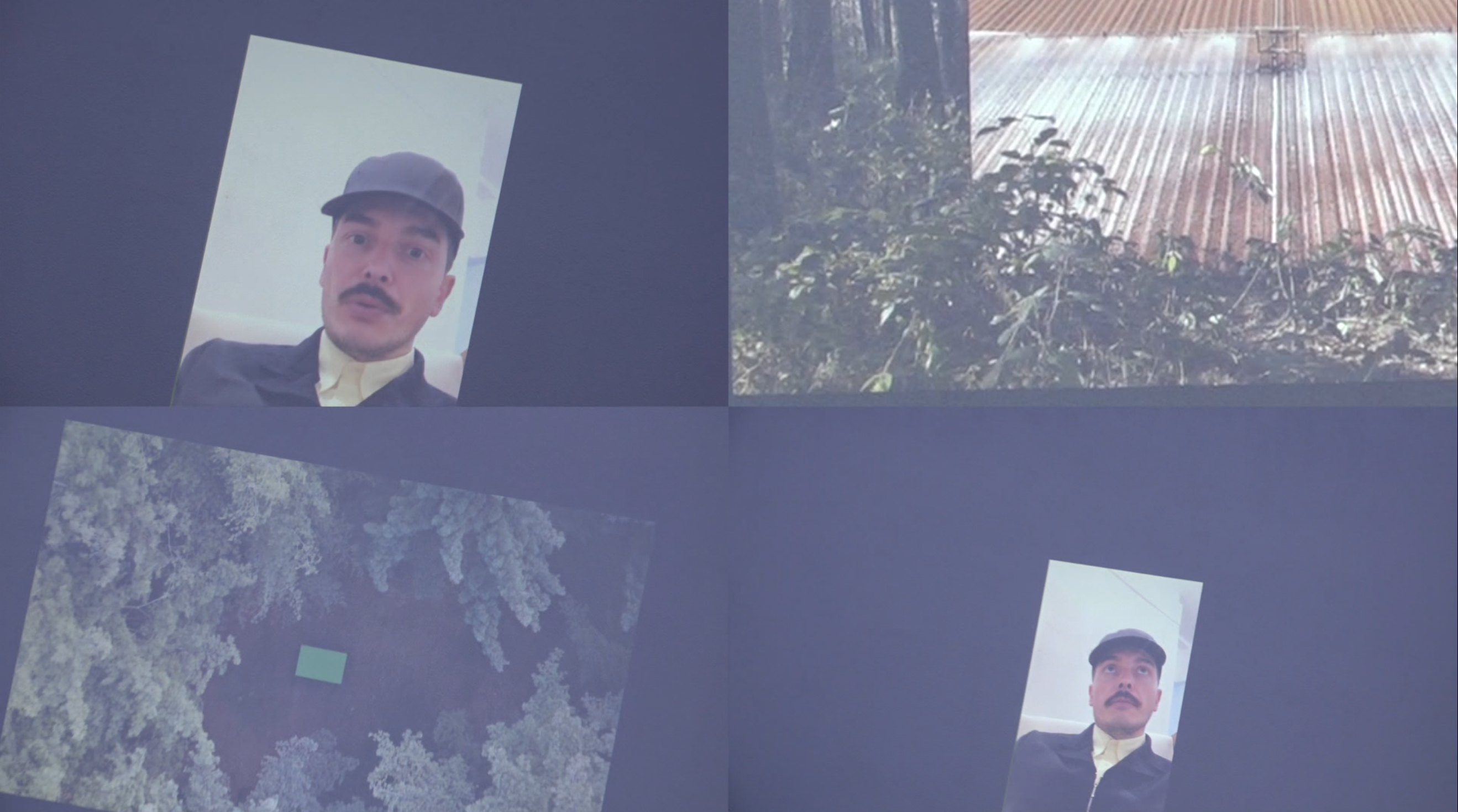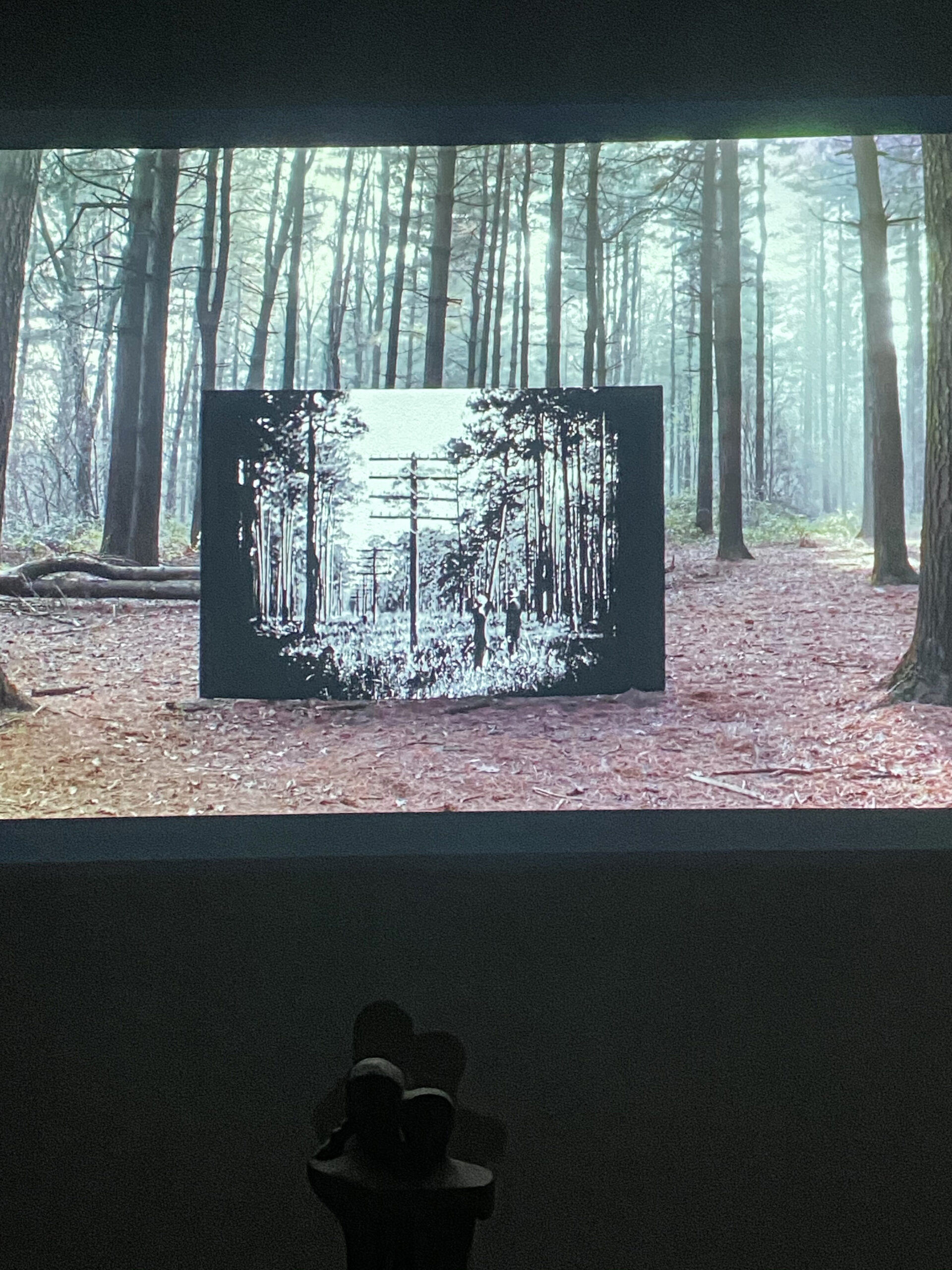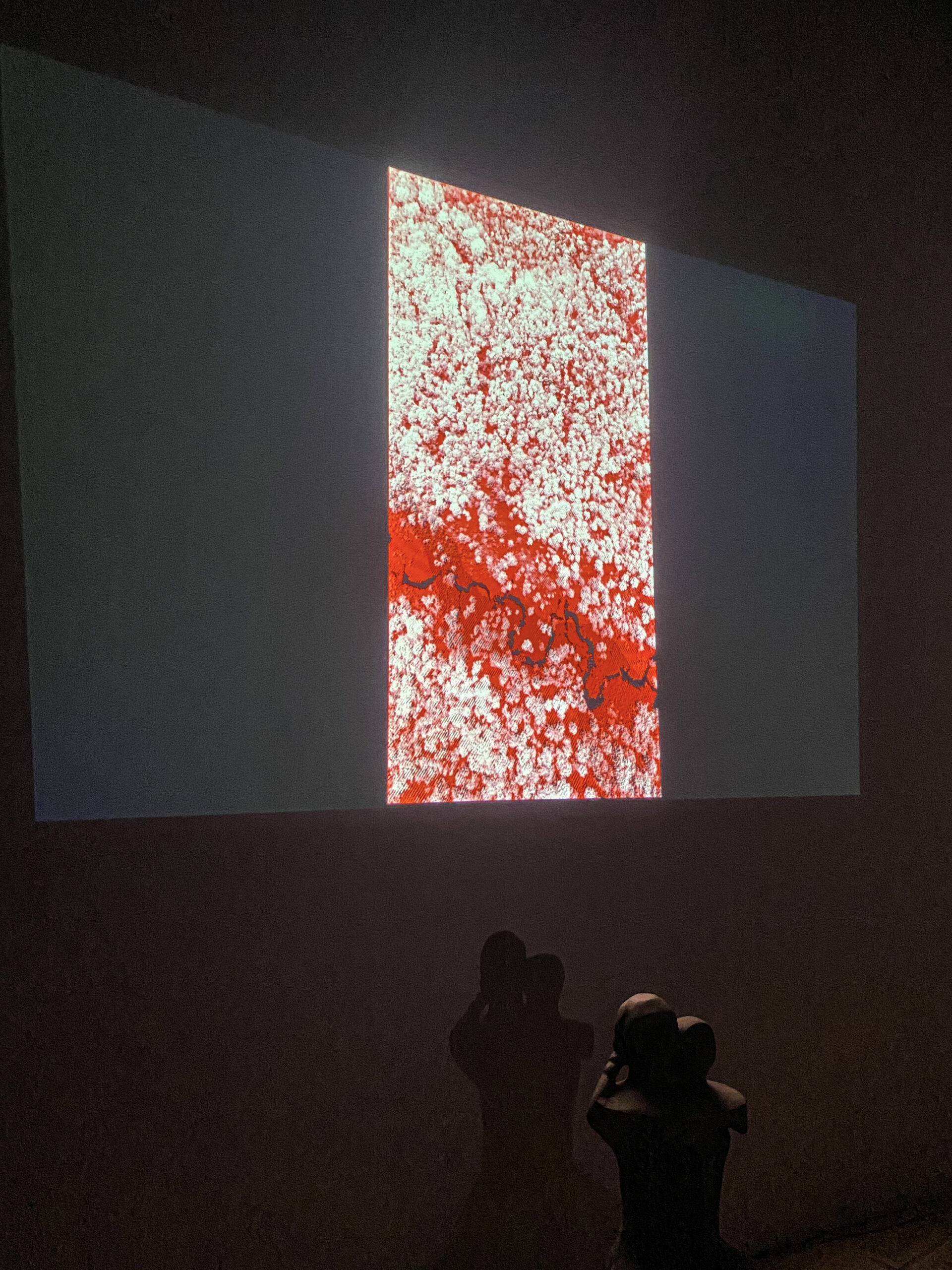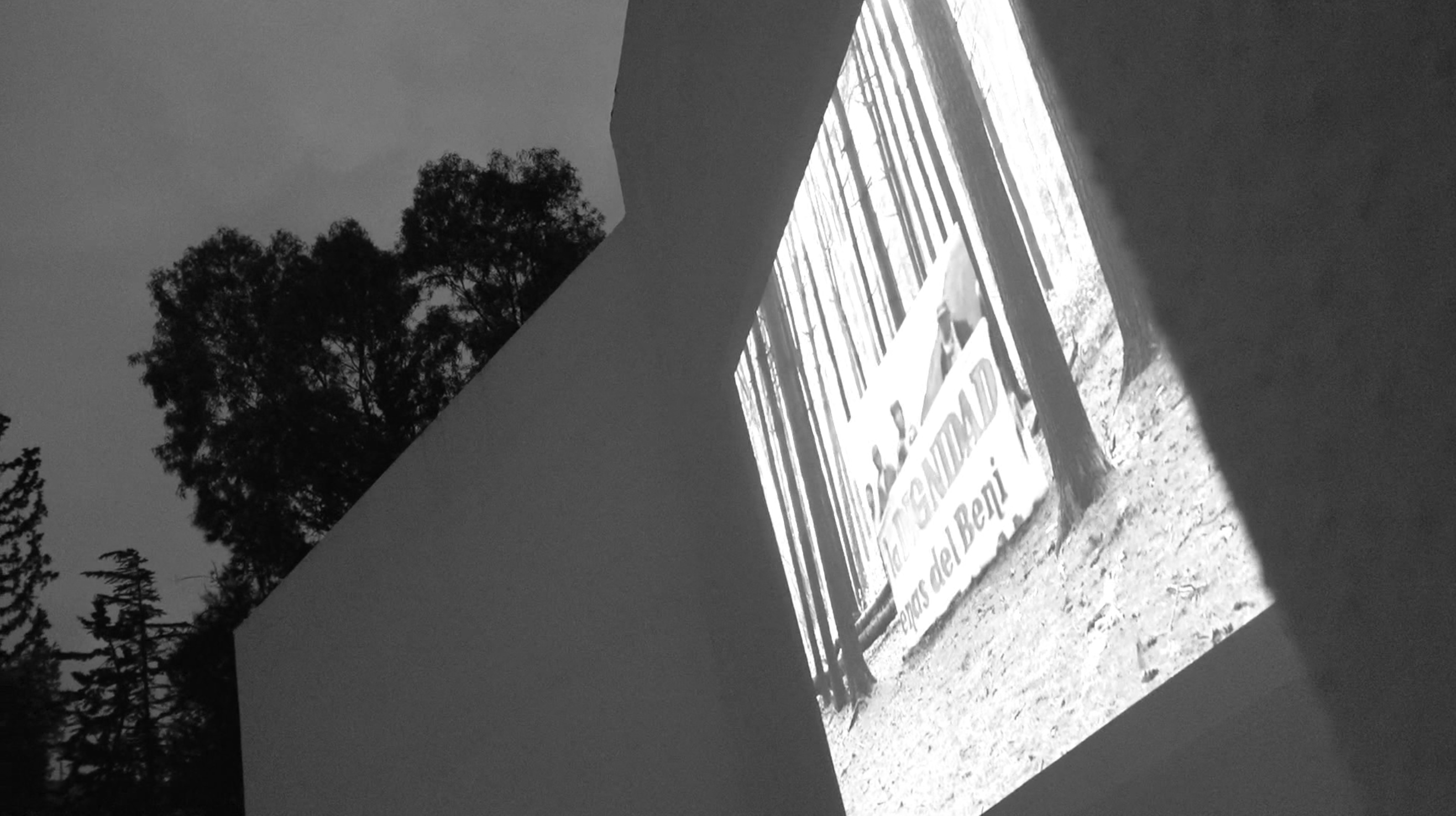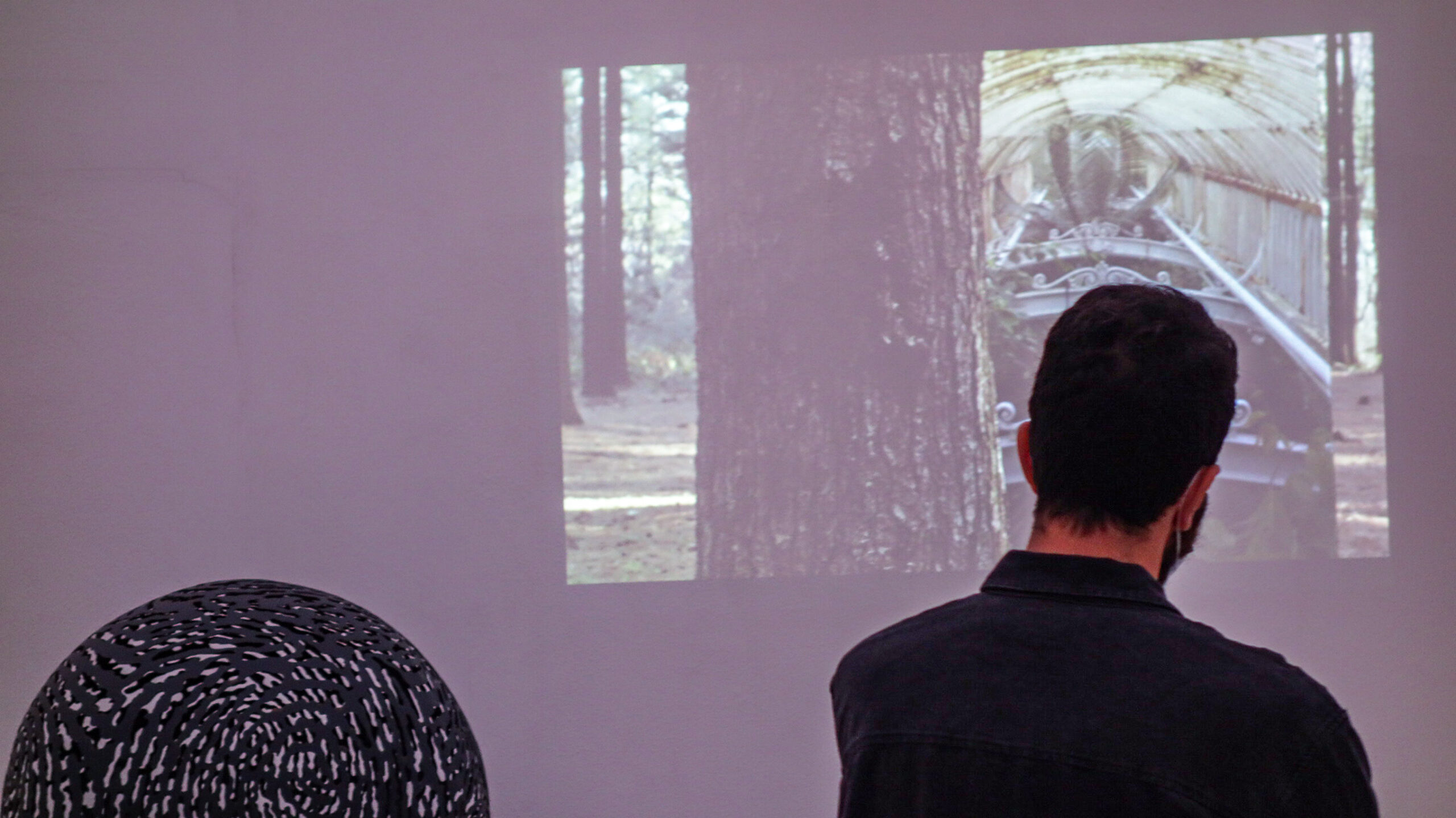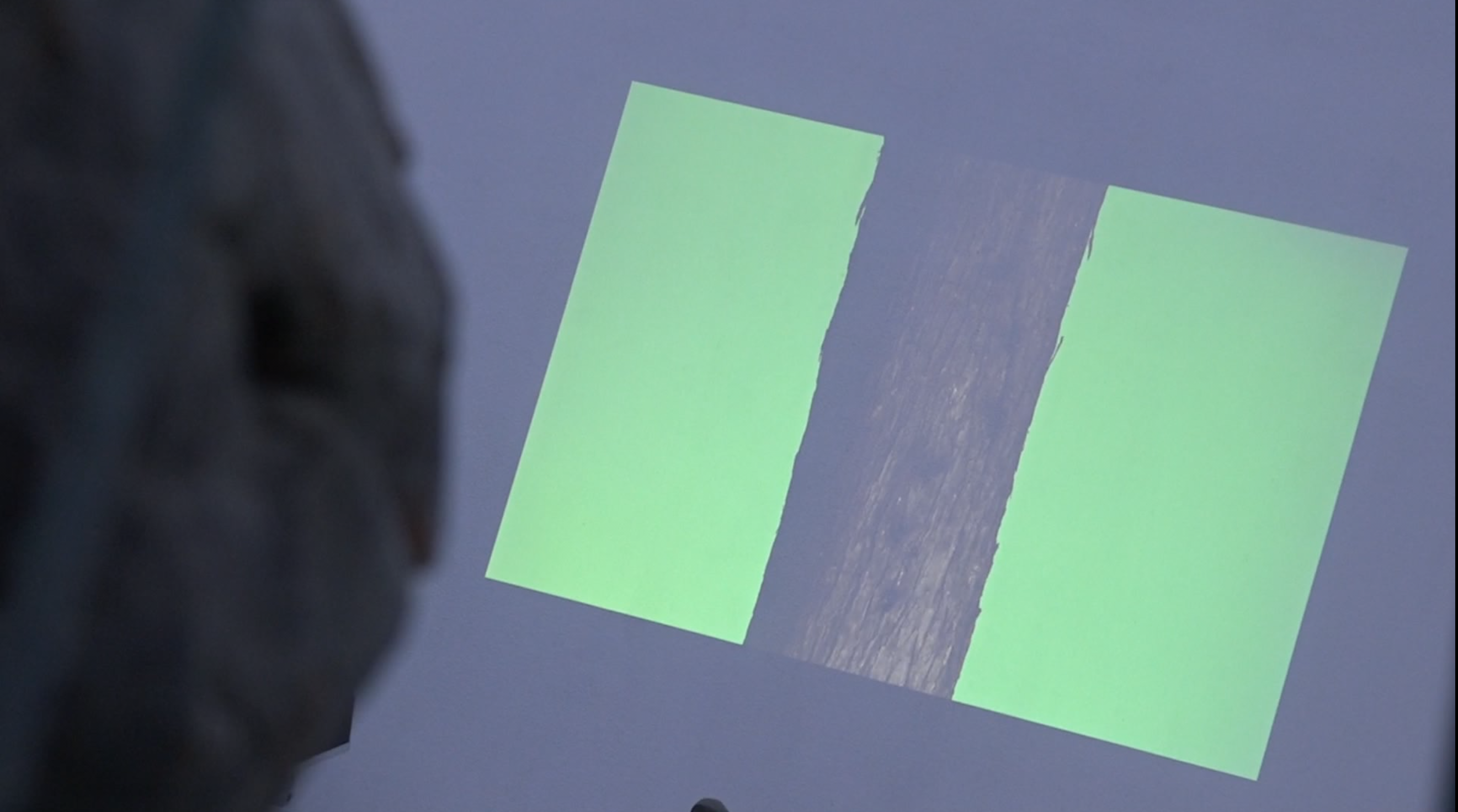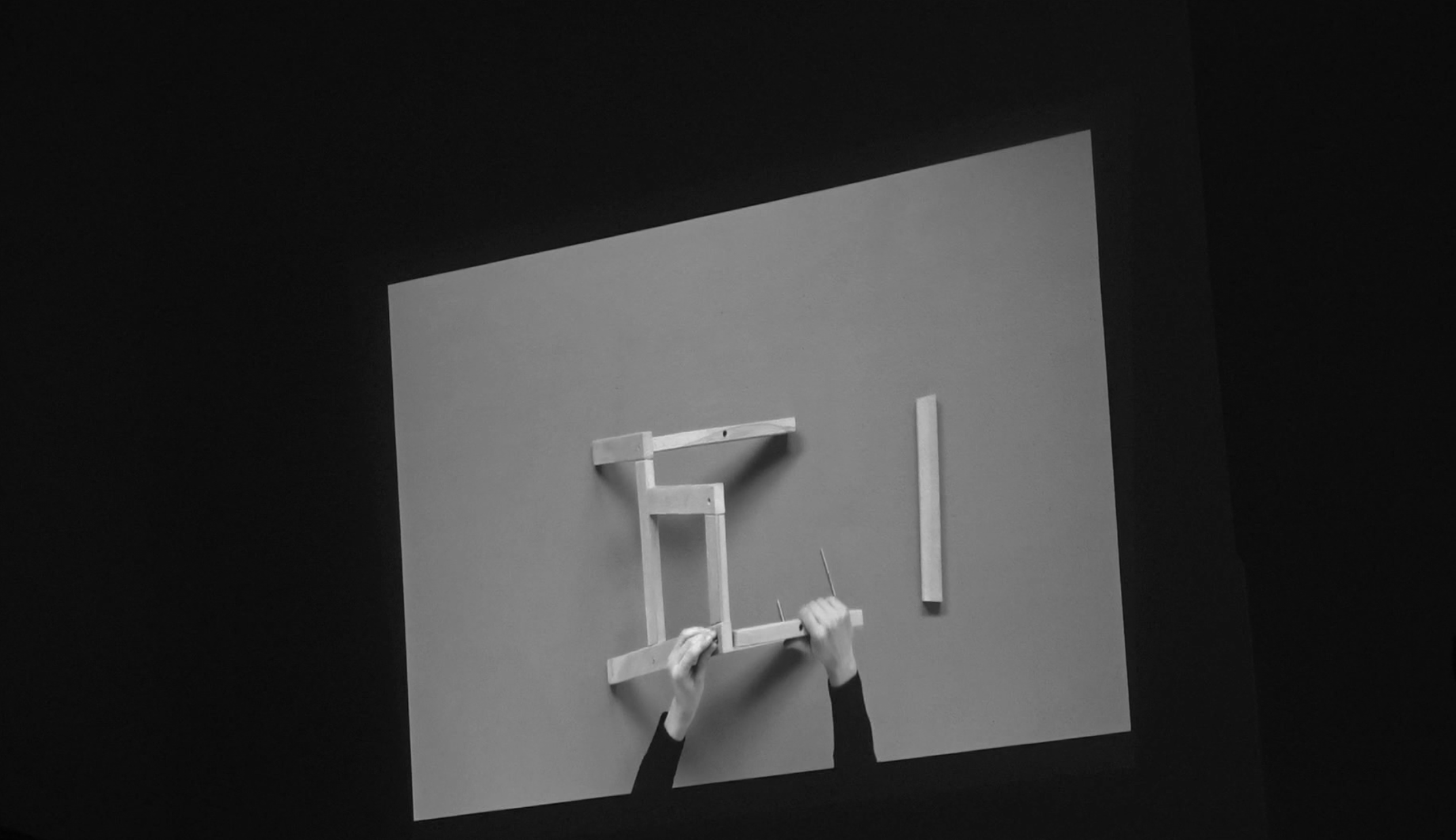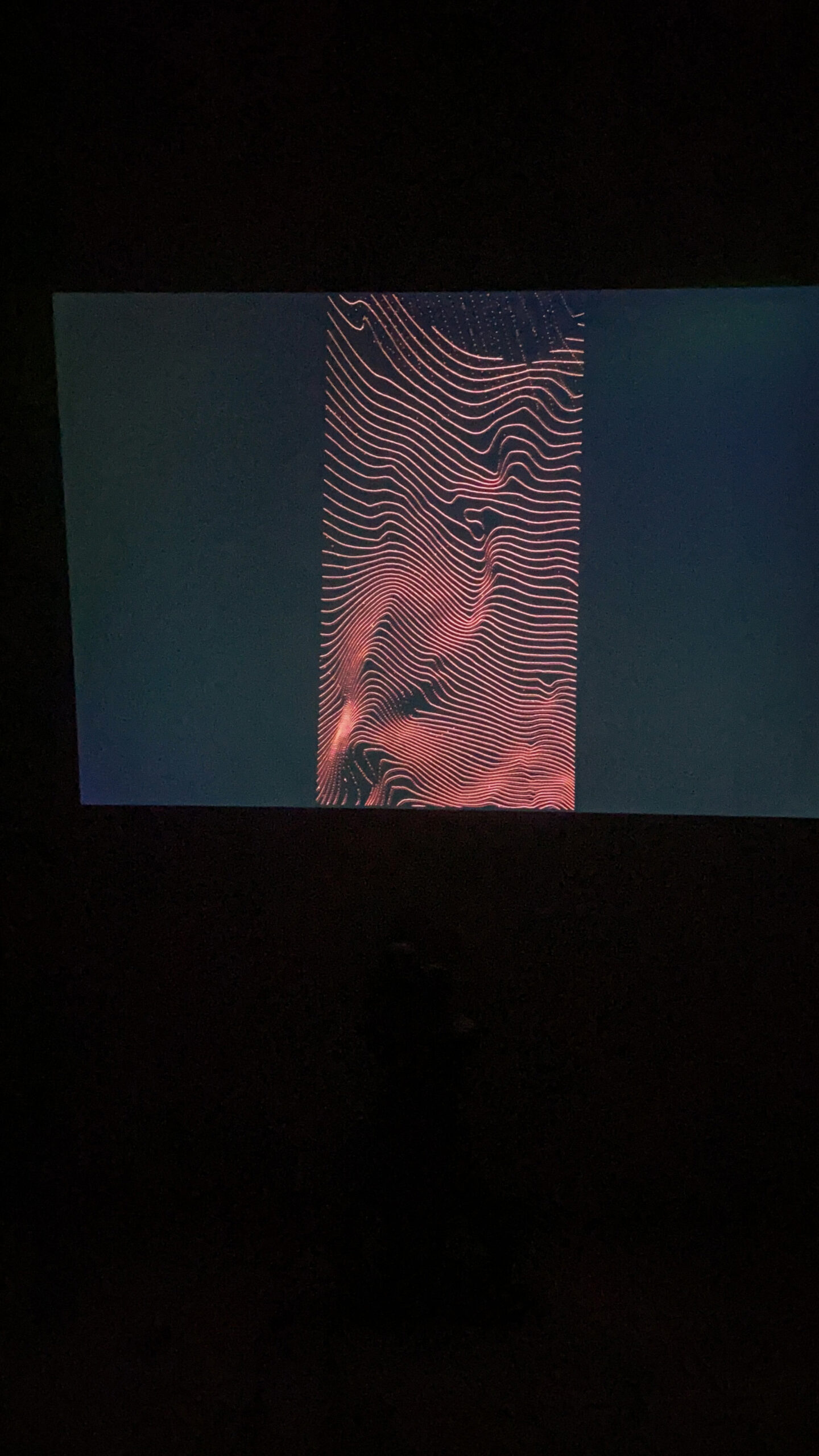During the Milano Design Film Festival Greece—Athens prelaunch mini-event series at Vorres Museum, such key themes as Design and Sustainability, Man & Nature, Globalization, Consumerism, and Environmental Consciousness, were explored. The visitors — immersed in the nature of the Mediterranean flora at the foot of Mt. Hymettus — had the opportunity to watch two screenings (on a loop) of:
“Cambio” by Studio Formafantasma, Production by C41, Netherlands/Italy, 2020, 23’21”
“Quercus” by Studio Formafantasma in collaboration with Emanuele Coccia, Producer, and editing by Gregorio Gonella, Netherlands / Italy, 2020, 13’06”
The two films attest to the mechanism, history, and impacts within the wood industry and inspect the relationship between man and other living species, addressing design from a holistic and ethical perspective and exemplifying a process that is both pragmatic and intuitive.
Analyzing design’s ecological and political responsibilities, Formafantasma addresses the trees as living structures, and breathing entities with their own rights and value system, while concurrently questioning the natural resource of tree consumption within the global industries. Starting with looking into the rights of non-humans, animals, and plants, the designers gradually create a stratification of awareness for what’s out there, specifically when it comes to the life and rights of plants. From the history of timber and its course of human consumption, towards its supply chain patterns that humans have constructed to support and expand its use. From its intractability, and forward to the future of a wood’s survival in relation to human consumption.
“Cambio”” by Studio Formafantasma, Production by C41, Netherlands/Italy, 2020, 23’21”
The film starts with the appearance of primordial plants on Earth, their evolution into trees, and the subsequent flourishing of human life across the planet. It continues with the global expansion of the timber industry in conjunction with the European imperialist agenda, and its later shift towards the development of sustainable forestry practices and environmental conservation. Shot in a former Italian plantation for paper production, it makes use of chroma key compositing – a process by which it is possible to ‘layer’ images over existing footage by introducing green screens into the frame while shooting, and collaging other images or footage in later. Various different colours have been used in television and film to achieve this effect, but green has become one of the most commonly used – as with most technologies – due to human features. The human eye evolved to differentiate movement and depth against the green of the forest, and what has become an instinctive disregard for flora in favour of the potentially dangerous fauna has been called ‘plant blindness’. Here, the forest is never a background – it is the subject matter and focus of the film.
“Quercus” by Studio Formafantasma in collaboration with Emanuele Coccia, Producer, and editing by Gregorio Gonella, Netherlands / Italy, 2020, 13’06”
This film has been produced by manipulating a Lidar scan of an oak forest in Virginia. Lidar technology, which comes from the terms ‘light detection and ranging’, uses lasers to scan and record large surface areas and has often been used in cartography and archaeology. More recently, it has been adopted by the timber industry in order to selectively log trees. Like the RADAM maps nearby, however, it could be repurposed – here, it provides an opportunity to consider humans from the point of view of the trees, with a voiceover written by philosopher and botanist Emanuele Coccia. Coccia’s text questions our own sense of dominance, observing rather the degree to which humanity is dependent upon the form and physicality of trees, from the perspective of an imagined forest. It suggests a crucial shift in perspective if we are to find more radical ways of living with and protecting these complex ecosystems – one that stems from the understanding that humans and trees are inextricably interlinked.
Highlights video ©MDFF Greece by Konstantinos Hillas
Organized/Produced by MDFF Greece (Annie Markitanis Director of MDFF Greece & Cyprus)
